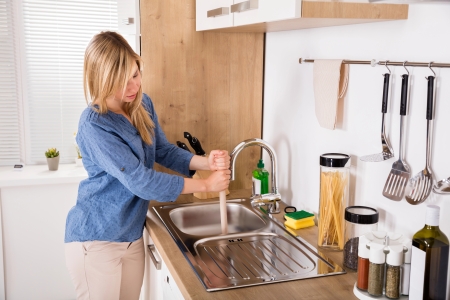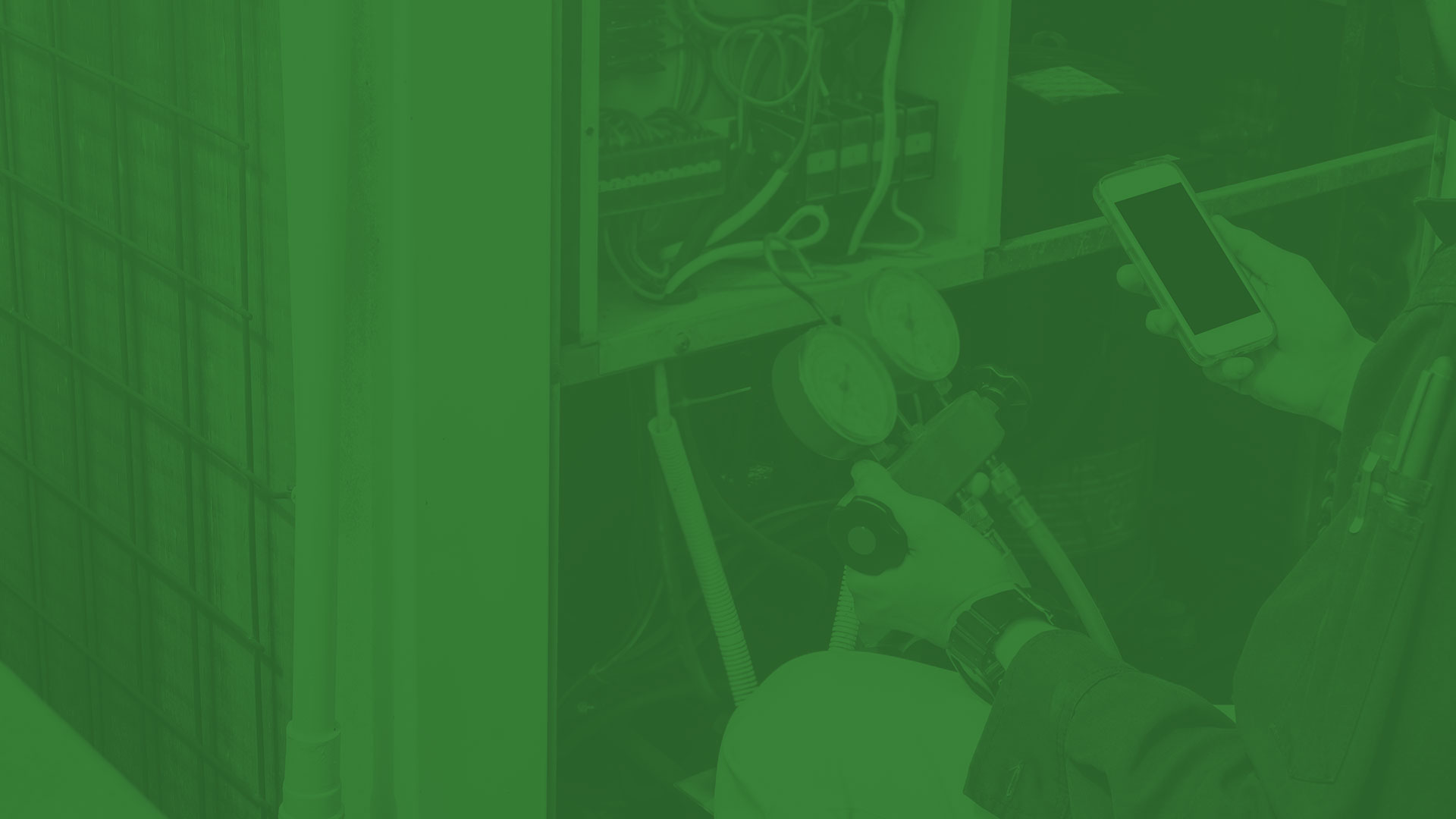Pipe Nightmares: The Most Common Reasons for Drain and Sewer Clogs

Dealing with clogged drains and sewers is every homeowner's worst nightmare. Whether it's a slow-draining sink, a backed-up toilet, or a foul odor spreading throughout your home, clogs can lead to serious inconvenience and costly repairs. Knowing what causes these blockages is the first step toward keeping your plumbing system in top shape.
What Causes Clogged Drains and Sewers?
There are several common culprits behind clogged drains and sewers. Let's explore what's lurking beneath the surface and how it contributes to blockages.
1. Hair Accumulation
Hair is one of the leading causes of clogged bathroom drains. Over time, it collects in pipes, tangles with soap residue, and forms dense clogs that obstruct water flow. Without proper cleaning or drain guards, these blockages can become a recurring issue.
2. Grease and Food Residue
Pouring grease down the kitchen sink may seem harmless, but as it cools, it solidifies and sticks to the walls of your pipes. This layer of grease traps food particles, creating thick blockages that can severely impact drainage. The solution? Never pour grease down the drain—dispose of it in a sealed container instead.
3. Foreign Objects
Toilets and drains are designed for specific purposes, but many people flush or wash down items that don't belong. Hygiene products, paper towels, and non-flushable wipes can easily block your pipes. Even small objects like toys or jewelry can cause serious sewer line issues.
In outdoor plumbing systems, tree roots are a major cause of sewer clogs. Roots naturally seek moisture, and they can grow into underground pipes through small cracks. Once inside, they expand, causing blockages and even damaging the sewer line. Regular maintenance by expert plumbers is essential to detect and resolve this issue before it worsens.
Signs You Have a Clog
Clogs don't usually happen overnight—they build up over time, showing warning signs before they become full-blown problems. Some of the most common signs include:
- Slow draining in sinks, tubs, or showers
- Water backing up into multiple fixtures
- Gurgling noises from drains
- Persistent foul odors around your plumbing
If you notice any of these signs, it's time to call in a professional plumber to prevent further damage.
How to Prevent Drain and Sewer Clogs
Clogs are preventable if you take the right precautions. Start by using drain screens to catch hair and debris before they go down the drain. Avoid pouring grease, oil, or coffee grounds into your sink, and flush your drains with hot water regularly. Scheduling routine inspections with expert plumbers ensures that your pipes remain in good condition and clogs are caught early.
Call in the Experts
Don't let clogged drains and sewers turn into a major plumbing disaster. Contact our expert plumbers today for fast, reliable service! Proper maintenance and early intervention can save you money, time, and the headache of dealing with severe blockages.
By understanding the most common causes and taking steps to prevent them, you can keep your plumbing system flowing smoothly—and avoid the nightmare of unexpected clogs
